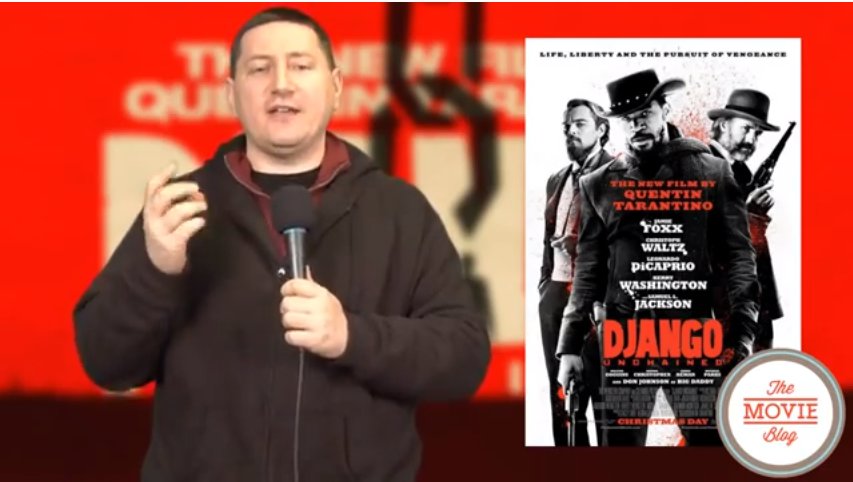 There was a story that surfaced that other day surrounding the new film “Across the Universe” directed by Julie Taymor (who also directed Frida). You see, apparently the studio didn’t like her cut of the film, so… without her permission (not that they required it) they went and re-cut it themselves. A lot of people around the web thought that was terrible for the studio to do (me included). But now more details are coming out about it that has me re-thinking my position a bit. IMDB gives us this:
There was a story that surfaced that other day surrounding the new film “Across the Universe” directed by Julie Taymor (who also directed Frida). You see, apparently the studio didn’t like her cut of the film, so… without her permission (not that they required it) they went and re-cut it themselves. A lot of people around the web thought that was terrible for the studio to do (me included). But now more details are coming out about it that has me re-thinking my position a bit. IMDB gives us this:
After director Julie Taymor’s cut of Across the Universe, featuring music of the Beatles, was greeted with derision by preview audiences, it was recut by Revolution Studios chief Joe Roth and shown last week to a receptive audience in Phoenix, AZ that gave it a score of 86 percent, L.A. Weekly columnist Nikki Finke reported Tuesday, citing unnamed sources. But when Taymor learned of the screening, insiders told Finke, she had an angry “meltdown.” One studio insider told Finke: “We were dealing with a woman who has absolutely no sense of commercial potential. At one point, [Sony Pictures Co-chairman] Amy Pascal took her to dinner and diplomatically told her ‘how good it could be’ if only she’d cut the movie. But Julie still refused. Indeed, that’s the refrain of everyone: there’s a great movie in there, somewhere. But, as [Taymor’s cut] stands now, it’s so complicated it’s just a bad movie.”
Ok, so if I’m understanding this correctly…
1 – Taymor (the Director) finishes the movie
2 – Studio Doesn’t like the movie as it is
3 – Test audiences don’t like it as it is
4 – Studio tells Taymor the movie has potential but needs to be cut
5 – Taymor says “no”
6 – Studio goes ahead and cuts the film without her
7 – Studio likes the new cut
8 – Audiences like the new cut
9 – Taymor has a meltdown
Look, I’m all for maintaining the artistic vision of the director. I really am. HOWEVER… the director isn’t the one who stands to lose millions of dollars if the movie they made sucks. The Studios pay for it… and as the people who pay for everything… they have (and rightly so) the final word. If they are wise, they’ll only use that power rarely.
To me, this is one of those situations where the studio was probably justified in stepping in. If they thought it was a bad film as it was currently edited, and audiences didn’t like it… and everyone else they showed it to thought it was bad…. then the studio needs to protect their investment and make changes.
Taymor SHOULD have done the changes herself… but she refused. So what was the studio supposed to do? Just let their money fly out the window so Taymor could get her way? No. In my opinion, they did the right thing in this situation. Taymor should have been more professional and cooperated with the people who paid her to do the job and paid for the movie. Just my two cents worth.
What do you think?




















